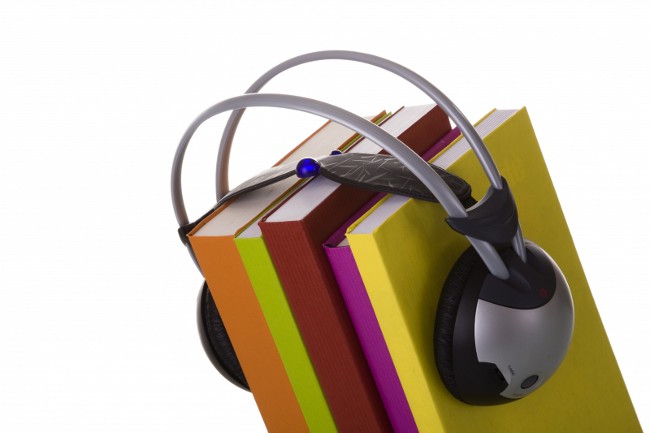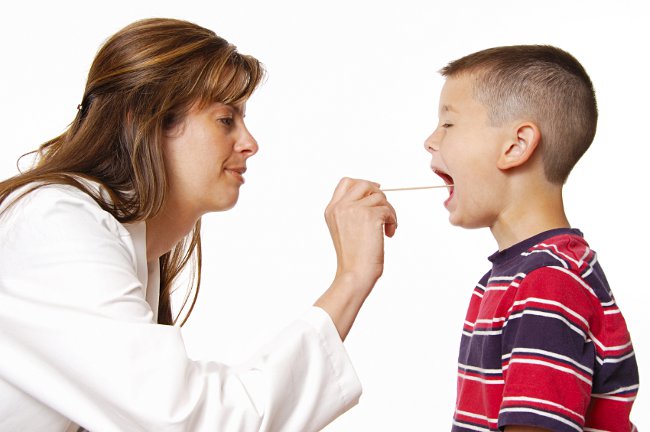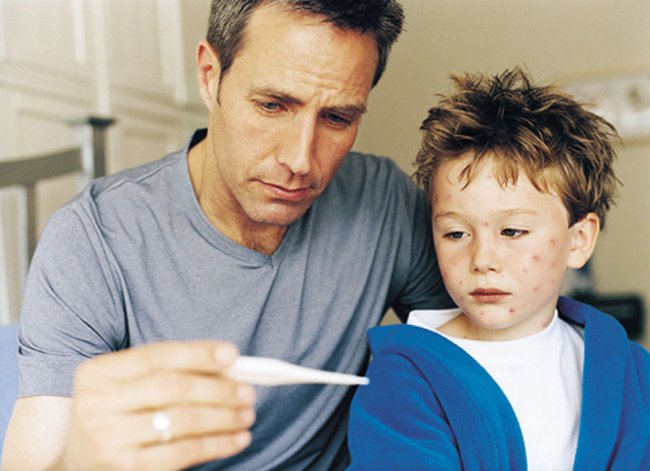Children's medicine: luxury or necessity?
 On the shelves of pharmacies you can see a huge amountmedicines for children. One of the parents is sure that this is just a tricky marketing move in order to "rip off" more money for ordinary medicines in the children's package, and someone buys only them for the child. Do children's medicines differ from adults, and if so, what?
On the shelves of pharmacies you can see a huge amountmedicines for children. One of the parents is sure that this is just a tricky marketing move in order to "rip off" more money for ordinary medicines in the children's package, and someone buys only them for the child. Do children's medicines differ from adults, and if so, what?Some believe that in terms of the structure of the bodythe child is the same adult, just small. But this opinion is erroneous. The features of the structure of the child's organs and systems differ significantly from those of the adult, The younger the child - the more this difference. Children's medicines are developed taking into account all these features to bring the child maximum benefit and a minimum (and even better - no) harm.
What is the difference in the effects of drugs on the body of an adult and a child? There are several reasons, but they are united by one thing - that many organs and systems of organs in the child's body are still in the process of development, and in the adult they are already fully formed.
For example, the liver still does not work at full strength in the child, and the excretory function of the kidneys is reduced. The liver is responsible for processing the drugs, andkidneys - for removing their remains from the body. Accordingly, children's medicines should be excreted from the body more easily than medications calculated for adults.
In addition, children the permeability of the barrier between the circulatory system and the brain is higher, than in adults. This means that the drug is more likely to enter the brain and have a toxic effect. Therefore, children's medicines should have a lower concentration of substances that can have a toxic effect on the body.
Also in children (especially at the age of up to three years) more not completely stable intestinal microflora. Admission of "adult" drugs can be even strongerupset the balance of microflora. In addition, medications for adults can be improperly absorbed, and this will reduce their effectiveness. Finally, taking certain medications for adults can violate the processes of active development of the endocrine and central nervous systems, teeth and bones.
Children's medicines do not contain substances that can lead to the development of side effects that do not occur in adults. For example, taking acetylsalicylic acid(aspirin) against a background of viral infection can provoke liver and brain damage - Reye's syndrome (acute hepatic encephalopathy). This disease is rare, but very dangerous, so it is better to hedge and give children up to 12 years old children's medicines that do not contain acetylsalicylic acid. And taking antibiotics from the tetracycline group can lead to a delay in physical development.
In addition, children's medicines have another weighty advantage - it's a form of release. There are certain requirements for medicines for children, in particular:
taste qualities (the taste should be pleasant or at least neutral - any parent who tried to give the child a bitter medicine knows what a difficult task);
hypoallergenicity;
convenience of dosage.
For the treatment of children under three years of age, syrups, powders, suspensions and candles are usually used - at this age some children are still hardswallow tablets. In addition, such drugs are easy to dose, and they also have high bioavailability (the proportion of the drug coming in active form into the blood). This means that you can lower the dose and reduce the chance of developing side effects while maintaining effectiveness.
So that children's medicines from proven manufacturers are the safest option for a child. But far from all adult medicines there are children's analogues. What to do in this case? Before giving the child any medicine from the "adult" medicine chest, you need to consult a doctor. There is a large list of drugs banned for use in childhood, and another group of drugs can be given to children only with the permission of the doctor if there are good reasons.
If you have a child, do not be lazy and get a special children's first aid kit with medicines for children. If you are going to treat your child use special children's medicines, follow their exact dosage and follow the doctor's recommendations, the risk of unwanted side effects will be significantly reduced.














